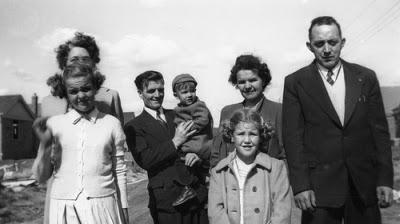Isaiah 18, Part Two: Four Kings

Isaiah 18, Part Two: Four Kings At this point Isaiah's book may seem confusing. Judah and Israel, as well as Egypt, Cush, Canaan, Syria and Assyria all experienced changing alliances, defeats and victories, conquests and exile. Isaiah was prophet during the reign of many kings, and he was given visions spanning many decades, each with different circumstances and players. It may be helpful to look at the pivotal events that occurred during the time of Isaiah. Isaiah and the Four Kings Isaiah lived during the years of 740 to 681 BC. He saw the rise and fall of at least six different kings of Judah, beginning with Azariah, and ending with Manasseh. The Book of Isaiah specifically deals with the days of four of these kings of Judah: Uzziah, Jotham, Ahaz and Hezekiah. Uzziah And Jotham: Maintaining the Status Quo Uzziah, whose name was a contraction of "Azariah", was the son of Amaziah. During his reign over the southern kingdom of Judah, and later that of his son...





